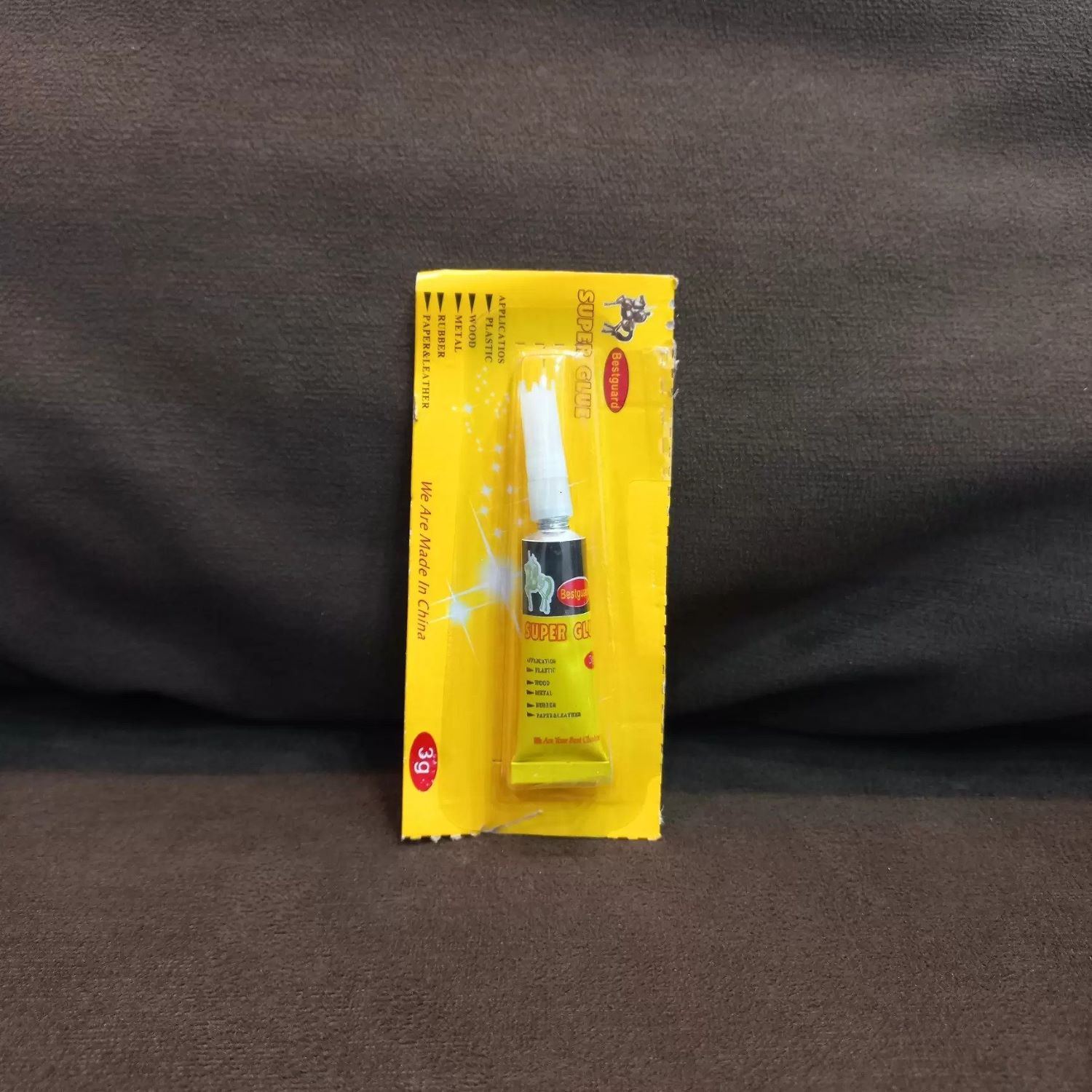

Articles
How To Store Super Glue
Modified: February 28, 2024
Learn how to properly store super glue and keep it fresh for longer with our helpful articles.
(Many of the links in this article redirect to a specific reviewed product. Your purchase of these products through affiliate links helps to generate commission for Storables.com, at no extra cost. Learn more)
Introduction
It’s happened to all of us before – you’re in the middle of a household project or crafting activity, and suddenly you need to quickly bond two materials together. That’s where super glue comes to the rescue. With its powerful adhesive properties, super glue has become a staple in many homes and industries. However, what many people overlook is the importance of properly storing super glue to ensure its longevity and effectiveness.
Proper storage of super glue is critical to maintain its adhesive properties and extend its shelf life. Whether you’re a DIY enthusiast or a professional, understanding how to best store super glue will save you from a lot of frustration down the road and ensure that your projects are completed successfully.
In this article, we will explore the reasons why proper storage of super glue is important. We will also discuss the key factors to consider when storing super glue, the best storage containers to use, labeling and organizing tips, recommended storage locations, and safety precautions to keep in mind. By the end, you will be equipped with the knowledge to store your super glue properly and make the most out of this remarkable adhesive.
Key Takeaways:
- Proper storage of super glue is crucial for preserving its adhesive strength, preventing premature curing, and saving money by extending its shelf life. Follow the recommended storage conditions and safety precautions to maximize the effectiveness of your super glue.
- Selecting the right storage container, labeling and organizing your super glue collection, and choosing optimal storage locations are key steps in maintaining the quality and effectiveness of your adhesive. By implementing these storage practices, you can ensure that your super glue is always ready for use and avoid unnecessary expenses.
Read more: How To Store Super Glue
Why Proper Storage of Super Glue is Important
Super glue, also known as cyanoacrylate adhesive, is a versatile bonding agent that forms a strong bond between various materials such as plastic, metal, ceramic, and wood. However, its adhesive properties are highly sensitive to improper storage conditions. Here are a few reasons why proper storage of super glue is important:
- Preserves Adhesive Strength: Super glue is designed to bond materials together with exceptional strength. However, exposure to moisture, heat, or extreme cold can compromise its adhesive properties. By storing super glue in the right conditions, you can preserve its strength and ensure reliable bonding when you need it most.
- Prevents Premature Curing: Super glue cures rapidly when it comes into contact with moisture. If not stored properly, the glue may prematurely cure inside the tube or bottle, rendering it unusable. This can be frustrating, especially if you haven’t finished using the glue or if you’re saving it for future projects. Proper storage prevents premature curing and ensures that the glue remains in its liquid state until it’s ready to be used.
- Increases Shelf Life: Super glue has a limited shelf life, typically ranging from one to two years. However, by storing it correctly, you can extend its shelf life and get the most out of your adhesive. This is particularly helpful if you don’t use super glue frequently and want to keep it on hand for occasional use.
- Saves Money: Properly stored super glue lasts longer, reducing the need for frequent repurchases. This not only saves you money but also minimizes waste. By taking the time to store your super glue properly, you can maximize its usefulness and avoid unnecessary expenses.
Storing your super glue properly is a small but essential step in ensuring its effectiveness and longevity. By understanding the importance of proper storage, you can avoid the frustration of dried-out glue or weak bonds, and ensure that your super glue is always ready for use.
Factors to Consider for Super Glue Storage
When it comes to storing super glue, there are several factors to consider in order to maintain its effectiveness and extend its shelf life. Let’s explore these factors in detail:
- Temperature: Super glue should be stored at room temperature, ideally between 60°F (15°C) and 75°F (24°C). Extreme cold or heat can negatively affect the adhesive properties of the glue. Avoid storing it in areas that are exposed to direct sunlight or near sources of heat, such as radiators or ovens.
- Moisture: Moisture is super glue’s worst enemy. Exposure to moisture can cause the glue to cure prematurely or lose its adhesive strength. Store super glue in a dry environment, away from damp areas like bathrooms or basements. Ensure that the cap or lid is tightly sealed to prevent any moisture infiltration.
- Light: Super glue is sensitive to light, particularly UV light. Exposure to direct sunlight or artificial light sources can degrade the adhesive properties of the glue. Store super glue in a dark or opaque container to protect it from light exposure.
- Air: Avoid storing super glue in containers that allow air to enter. Oxygen can cause the glue to harden or form clumps, rendering it unusable. Opt for tightly sealed containers to prevent air from reaching the glue.
- Compatible Containers: Super glue should be stored in containers made of materials compatible with cyanoacrylate adhesive. Suitable materials include glass, polyethylene, and polypropylene. Avoid storing super glue in containers made of materials that may react with the glue, such as metal or certain types of plastics.
- Childproofing: If you have children or pets in the house, it’s important to store super glue in a secure location that is out of their reach. Super glue is not meant to be ingested and can be harmful if consumed.
Considering these factors will help you maintain the effectiveness of your super glue and ensure that it stays in good condition for a longer period of time. Taking proactive measures in storing your super glue will save you from potential disappointments and help you achieve successful bonding results whenever you need them.
Best Storage Containers for Super Glue
Choosing the right storage container for your super glue is crucial to maintain its effectiveness and prolong its shelf life. Here are some of the best containers to consider:
- Glass Bottles: Glass bottles are an excellent choice for storing super glue. They are non-reactive and provide an airtight seal to protect the glue from moisture and air. Additionally, glass bottles are typically dark or opaque, shielding the glue from light exposure.
- Polyethylene or Polypropylene Bottles: Bottles made from polyethylene or polypropylene are also suitable for storing super glue. These plastic materials are resistant to cyanoacrylate adhesive and prevent any unwanted chemical reactions. Make sure the bottles have tight-fitting caps to minimize the entry of air and moisture.
- Aluminum Tubes: Some manufacturers package super glue in aluminum tubes, which provide an effective barrier against air and light. Aluminum tubes are convenient for dispensing small amounts of glue and offer better control over the flow. However, ensure that the cap screws tightly to prevent the glue from drying out.
- Nozzle Applicator Bottles: Nozzle applicator bottles are ideal for precise and controlled application of super glue. These bottles usually come with a narrow tip or needle dispenser, allowing you to apply the glue with accuracy, especially in tight spaces or on small surfaces. Look for nozzle bottles with tight-sealing caps to prevent clogs and evaporation.
- Store-Bought Packaging: If you prefer not to transfer super glue to a separate container, the original packaging it comes in can be a viable option. The packaging is often designed to provide airtight and light-resistant properties, ensuring the integrity of the glue. However, ensure that the cap or lid is securely closed after each use to prevent any air or moisture from entering.
Regardless of the container you choose, it’s essential to label it clearly to avoid confusion and ensure proper organization. Labeling will also help you keep track of the glue’s expiration date and prevent using expired adhesive.
Remember, the key is to store super glue in a container that is airtight, moisture-resistant, and protects against light exposure. By selecting the right storage container, you can maintain the quality and effectiveness of your super glue for an extended period.
Labeling and Organizing Super Glue Containers
Properly labeling and organizing your super glue containers is essential for easy identification, efficient use, and overall safety. Here are some tips to help you effectively label and organize your super glue collection:
- Clear and Legible Labels: Use clear and legible labels to mark each container of super glue. Include important information such as the brand, type, and expiration date of the glue. This will help you easily identify the glue you need for various projects and ensure you’re using fresh adhesive.
- Color-Coded System: Implementing a color-coded system can be helpful if you have multiple types or strengths of super glue. Assign specific colors to different types of glue or use color-coded stickers to differentiate between them. This will streamline the selection process and prevent any mix-ups.
- Separate Storage: Consider designating a specific area or storage container solely for your super glue collection. This will help you keep track of your inventory and prevent misplacement or accidental mixing with other substances. Aim for a cool, dry, and easily accessible storage location.
- Dividers or Compartments: If you have a sizable collection of super glue, using dividers or compartments within your storage container can help keep the different types or sizes of glue separate and organized. You can use small boxes, bins, or drawer organizers to create designated spaces for each container of super glue.
- Expiration Date Monitoring: Regularly check the expiration dates on your super glue containers and remove any that are past their prime. Discarding expired glue will prevent you from accidentally using ineffective adhesive and ensure that you have fresh glue on hand for your projects.
- Safety Precautions: When labeling your super glue containers, consider including a reminder about the safety precautions associated with handling and using super glue. This can include instructions to wear gloves, work in a well-ventilated area, and avoid contact with skin and eyes. These reminders will help ensure safe practices whenever you reach for your super glue.
By implementing effective labeling and organizing techniques, you can maintain an efficient and well-managed super glue collection. This will save you time and effort when looking for the right glue, prevent any mix-ups or accidental use of expired adhesive, and promote a safe working environment.
Store super glue in a cool, dry place away from direct sunlight and heat sources. Keep the cap tightly closed to prevent drying out. Consider storing it in a sealed plastic bag to prevent accidental spills.
Read more: What Takes Super Glue Off Glass
Recommended Storage Locations for Super Glue
Choosing the right storage location for your super glue is vital to maintain its effectiveness and prolong its shelf life. Here are some recommended storage locations to consider:
- Cool and Dry Areas: Super glue should be stored in cool and dry areas, away from direct sunlight or extreme temperature fluctuations. Heat and humidity can degrade the adhesive properties of the glue and reduce its shelf life. Optimal temperatures range between 60°F (15°C) and 75°F (24°C).
- Indoor Spaces: Consider storing your super glue in indoor spaces, such as a cabinet, drawer, or dedicated storage area. Indoor locations provide better temperature and humidity control compared to outdoor or garage storage. This ensures a stable environment for the glue, safeguarding its quality.
- High Shelves or Locked Cabinets: If you have children or pets at home, it’s essential to store super glue in a location that is out of their reach. High shelves or locked cabinets are ideal for preventing accidental access to the glue. This not only protects your curious little ones but also ensures the safety of everyone in your household.
- Away from Food and Drink Areas: To prevent any accidental contamination, store super glue away from areas where you prepare or consume food and drinks. Accidental spillage or mixing of super glue with food items can have serious consequences. Keep the glue in a separate area dedicated solely to adhesives and similar products.
- Vertical Storage: Storing super glue vertically, with the cap facing upwards, is generally recommended. This reduces the chance of the glue drying out or clogging the nozzle or applicator tip. Vertical storage helps maintain the proper consistency and ease of use when dispensing the glue.
- Dark or Opaque Containers: If your super glue is not already packaged in dark or opaque containers, consider transferring it to such containers for storage. Dark or opaque containers protect the glue from light exposure, which can degrade its adhesive properties. This is especially important if you’re storing super glue for an extended period.
By storing your super glue in recommended locations, you can ensure that it remains in optimal condition and ready for use whenever you need it. Remember to always check the storage conditions on the product’s packaging and follow any specific manufacturer recommendations for best results.
Tips for Extending the Shelf Life of Super Glue
Super glue can be a valuable adhesive for various projects, but its effectiveness and shelf life can be compromised if not stored and handled correctly. Here are some tips to help you extend the shelf life of your super glue:
- Close Containers Properly: After each use, make sure to tightly close the container of super glue. Properly sealing the container prevents air from entering, which can cause the glue to dry out or harden inside the bottle, rendering it unusable.
- Keep Caps Clean: Before closing the container, ensure that the inside of the cap is clean and free from any dried glue residue. Any dried glue on the cap can interfere with the proper sealing, allowing air to enter and affect the glue’s shelf life.
- Store in a Cool Place: Super glue is sensitive to high temperatures, which can accelerate its degradation. Keep the glue in a cool place, ideally between 60°F (15°C) and 75°F (24°C), to minimize heat-induced deterioration and maintain its adhesive properties for a longer period of time.
- Minimize Exposure to Air and Moisture: Air and moisture can cause super glue to cure prematurely or deteriorate. To minimize exposure, keep the container tightly closed when not in use. Additionally, avoid storing the glue in areas prone to high humidity or dampness, such as bathrooms or basements.
- Use Fresh Glue: Check the expiration dates on your super glue containers and prioritize using the ones that are closest to expiring. Using fresh glue ensures that you are working with adhesive that is at its peak effectiveness and has a longer shelf life remaining.
- Avoid Contamination: Prevent cross-contamination by using clean and dry tools when applying super glue. Residue or moisture from other substances can compromise the effectiveness of the adhesive and shorten its shelf life. Clean the surfaces to be bonded and ensure they are dry before applying the glue.
- Store in Original Packaging: If possible, store super glue in its original packaging. The manufacturers often design the packaging to provide optimal conditions for the glue’s storage. The original packaging usually offers protection against light, air, and moisture, all of which can affect the glue’s shelf life.
- Avoid Freezing: Super glue should not be exposed to freezing temperatures. Freezing can cause the glue to degrade and lose its effectiveness. If you live in an area with cold winters, make sure to protect your super glue from freezing by storing it in a temperature-controlled environment.
By incorporating these tips into your super glue storage and usage practices, you can extend the shelf life of your adhesive and ensure its reliability when you need it for your projects.
Safety Precautions when Storing Super Glue
While super glue is a useful adhesive, it’s important to handle and store it with caution to ensure your safety and the safety of others. Here are some essential safety precautions to keep in mind when storing super glue:
- Keep Out of Reach of Children and Pets: Super glue should be stored in a secure location that is out of reach of children and pets. Super glue is not meant to be ingested and can be harmful if swallowed. Keeping it out of reach ensures that accidents or harmful situations are avoided.
- Avoid Skin and Eye Contact: When handling super glue, be careful to avoid any contact with your skin or eyes. The glue can bond quickly to skin or cause irritation and potential injury to the eyes. If accidental contact occurs, immediately rinse the affected area with water and consult a healthcare professional if necessary.
- Work in a Well-Ventilated Area: Super glue can release fumes during use, which may cause headaches or dizziness if inhaled in large quantities. It is advisable to work in a well-ventilated space or use a fan to improve air circulation. This helps dissipate any fumes and reduces the risk of respiratory irritation.
- Wear Protective Gloves: To prevent accidental contact with your skin, it’s recommended to wear protective gloves, such as latex or nitrile gloves, when handling super glue. Gloves provide an extra layer of protection and minimize the risk of the glue adhering to your skin or causing irritation.
- Store in Original Packaging: Super glue should be stored in its original packaging whenever possible. The packaging is designed to provide important safety information and precautions. It also includes instructions on how to handle, store, and dispose of the glue properly. Following the manufacturer’s guidelines is crucial for safe storage and usage.
- Avoid Heat and Flames: Super glue is highly flammable. It is important to keep it away from open flames, sparks, and sources of heat. This includes storing the glue away from hot surfaces, electrical appliances, open flames, and smoking areas. Extreme heat can lead to fires or explosions, so it is crucial to handle with care.
- Dispose of Properly: When disposing of super glue containers or expired glue, do so in accordance with local regulations. Some areas consider super glue as hazardous waste and have specific guidelines for its disposal. Follow proper disposal guidelines to minimize environmental impact and ensure safety.
By following these safety precautions, you can minimize the risks associated with storing super glue and ensure a safe environment for yourself and those around you.
Conclusion
Proper storage of super glue is essential for maintaining its adhesive properties, extending its shelf life, and ensuring its effectiveness when you need it. By following the tips and guidelines outlined in this article, you can optimize the storage of your super glue and make the most out of this versatile adhesive.
From considering the factors that impact super glue storage to selecting the best storage containers, labeling and organizing your collection, and identifying recommended storage locations, every step plays a vital role in preserving the quality of your adhesive.
Always remember to handle super glue with caution and adhere to safety precautions. Keep it out of the reach of children and pets, avoid skin and eye contact, work in well-ventilated areas, wear protective gloves, and store it away from heat and flames. By doing so, you can prioritize safety while maximizing the lifespan of your super glue.
By properly storing your super glue, you can save money by reducing waste and ensuring your adhesive is always ready for use. Whether you’re a DIY enthusiast, a professional, or simply someone who occasionally uses super glue, taking the time to store it correctly will enhance your adhesive experience and the success of your projects.
So, the next time you reach for that bottle of super glue, remember the importance of proper storage and let your adhesive perform its magic, allowing you to bond materials with confidence and achieve remarkable results.
Frequently Asked Questions about How To Store Super Glue
Was this page helpful?
At Storables.com, we guarantee accurate and reliable information. Our content, validated by Expert Board Contributors, is crafted following stringent Editorial Policies. We're committed to providing you with well-researched, expert-backed insights for all your informational needs.
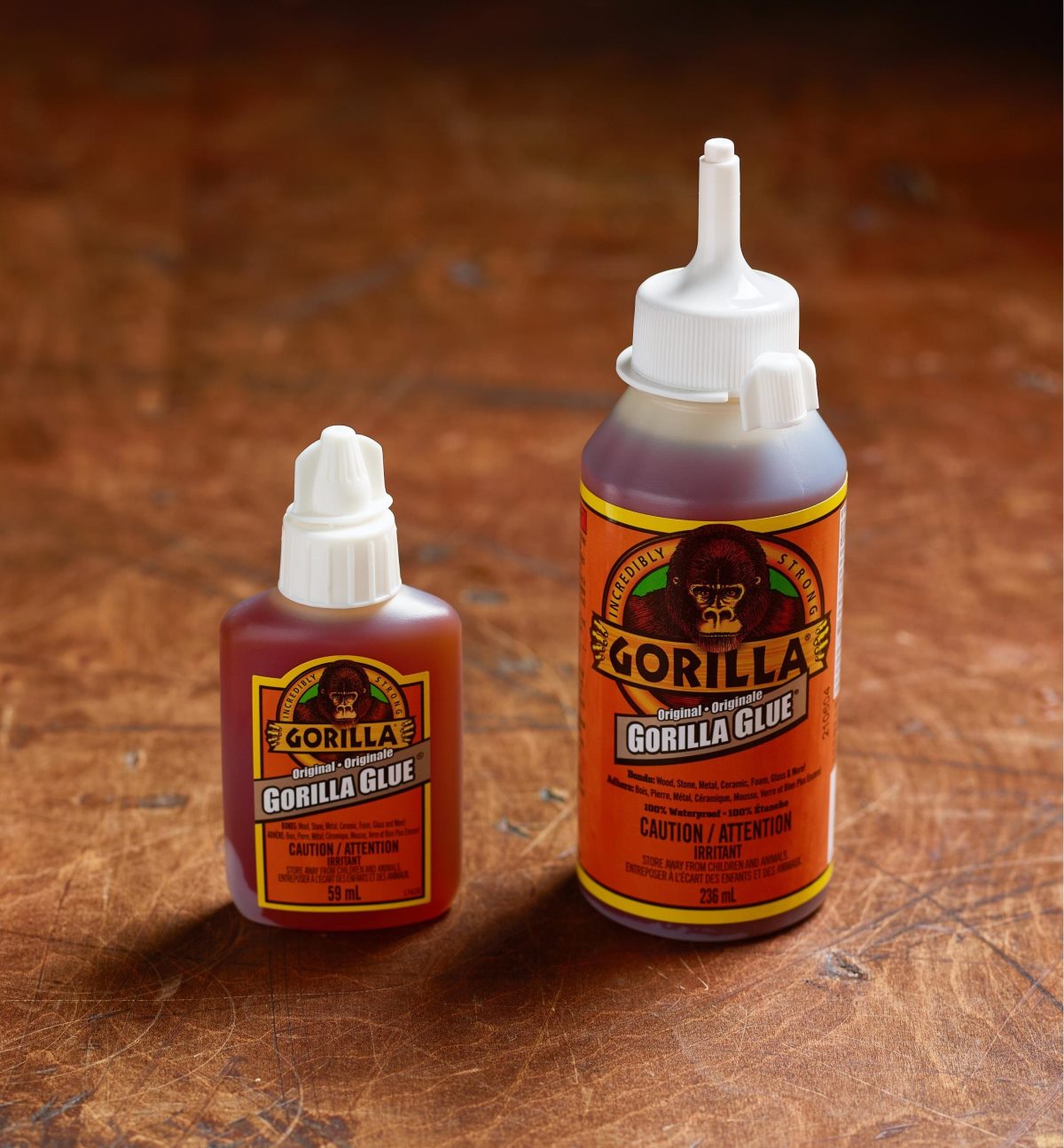
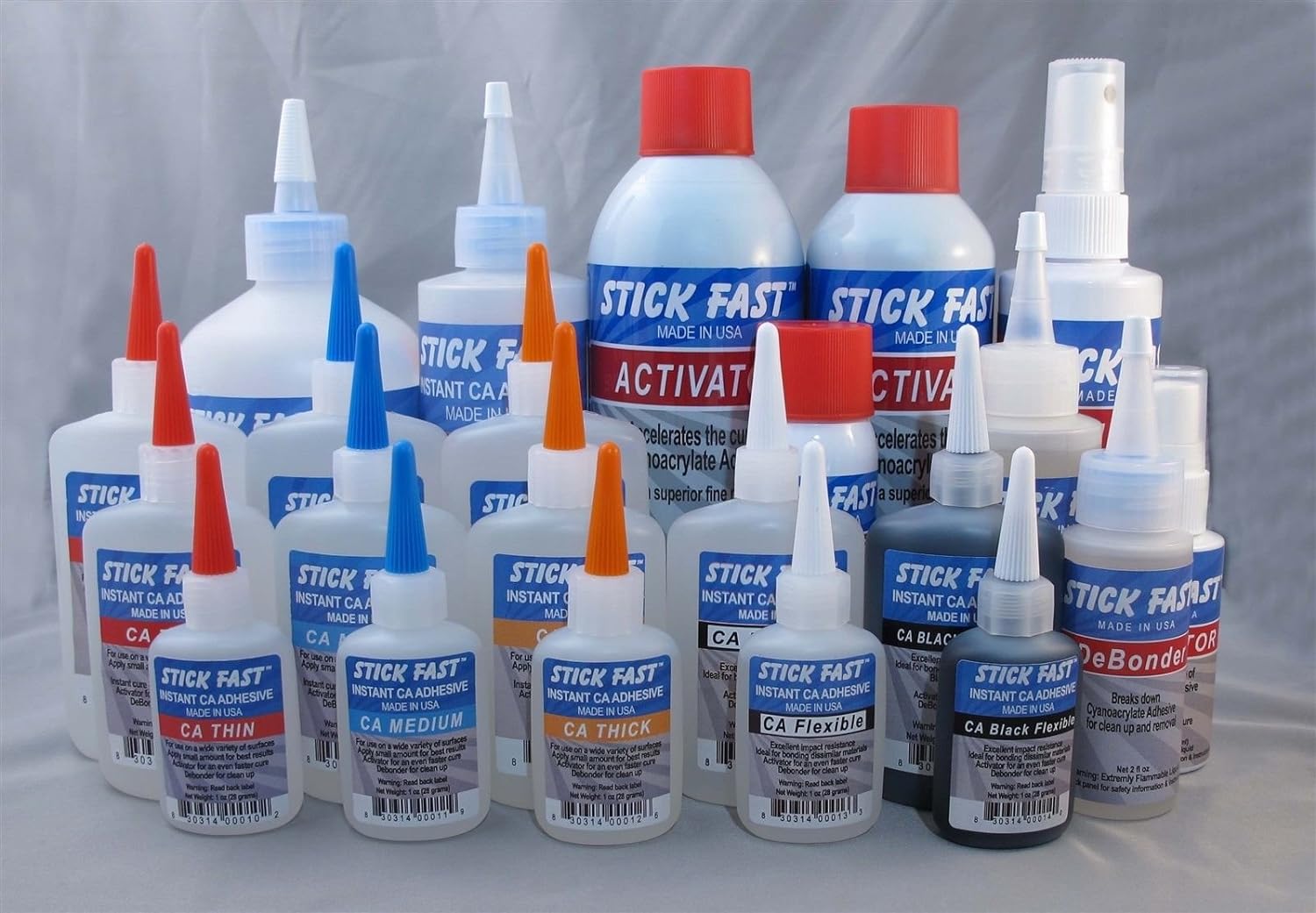

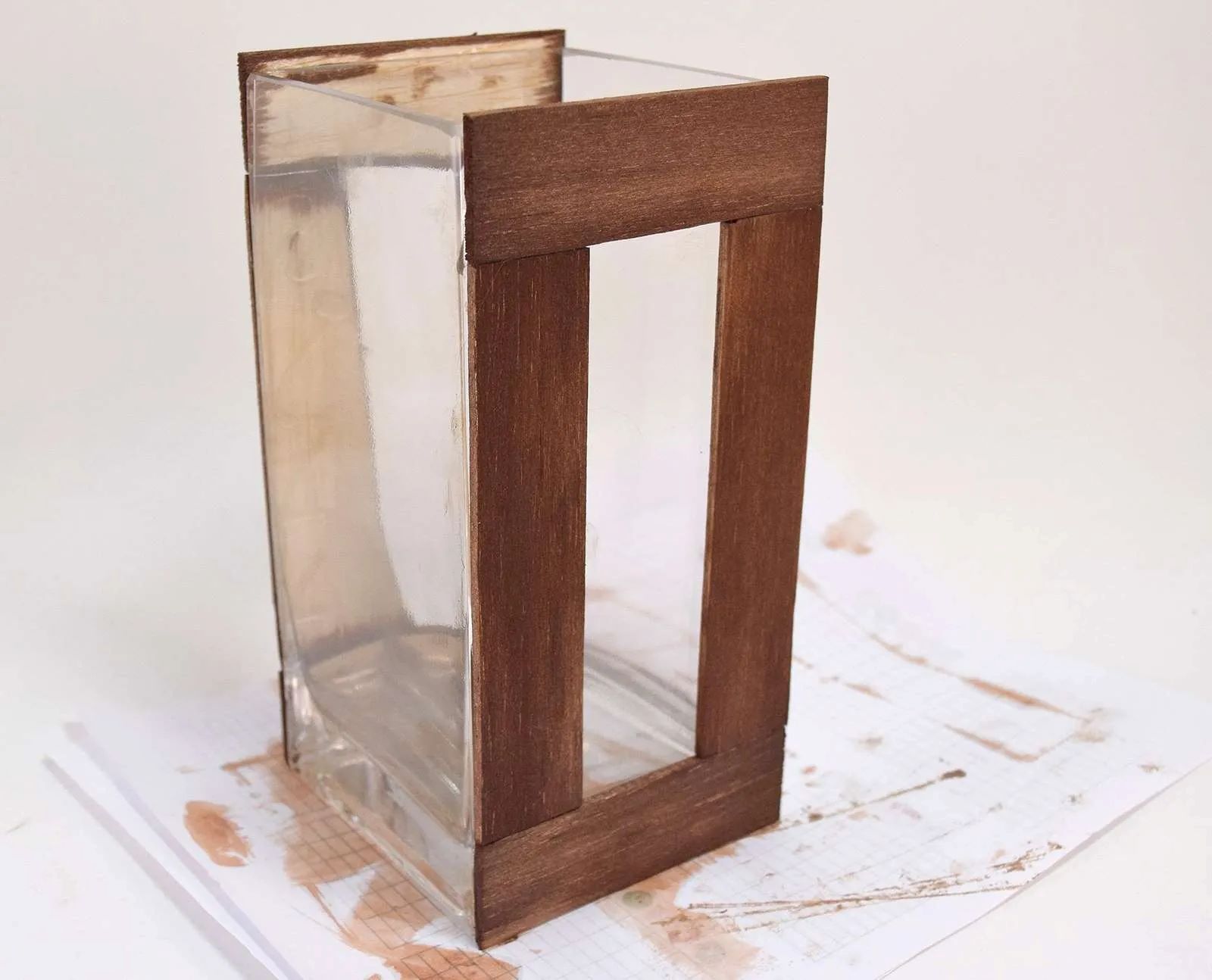
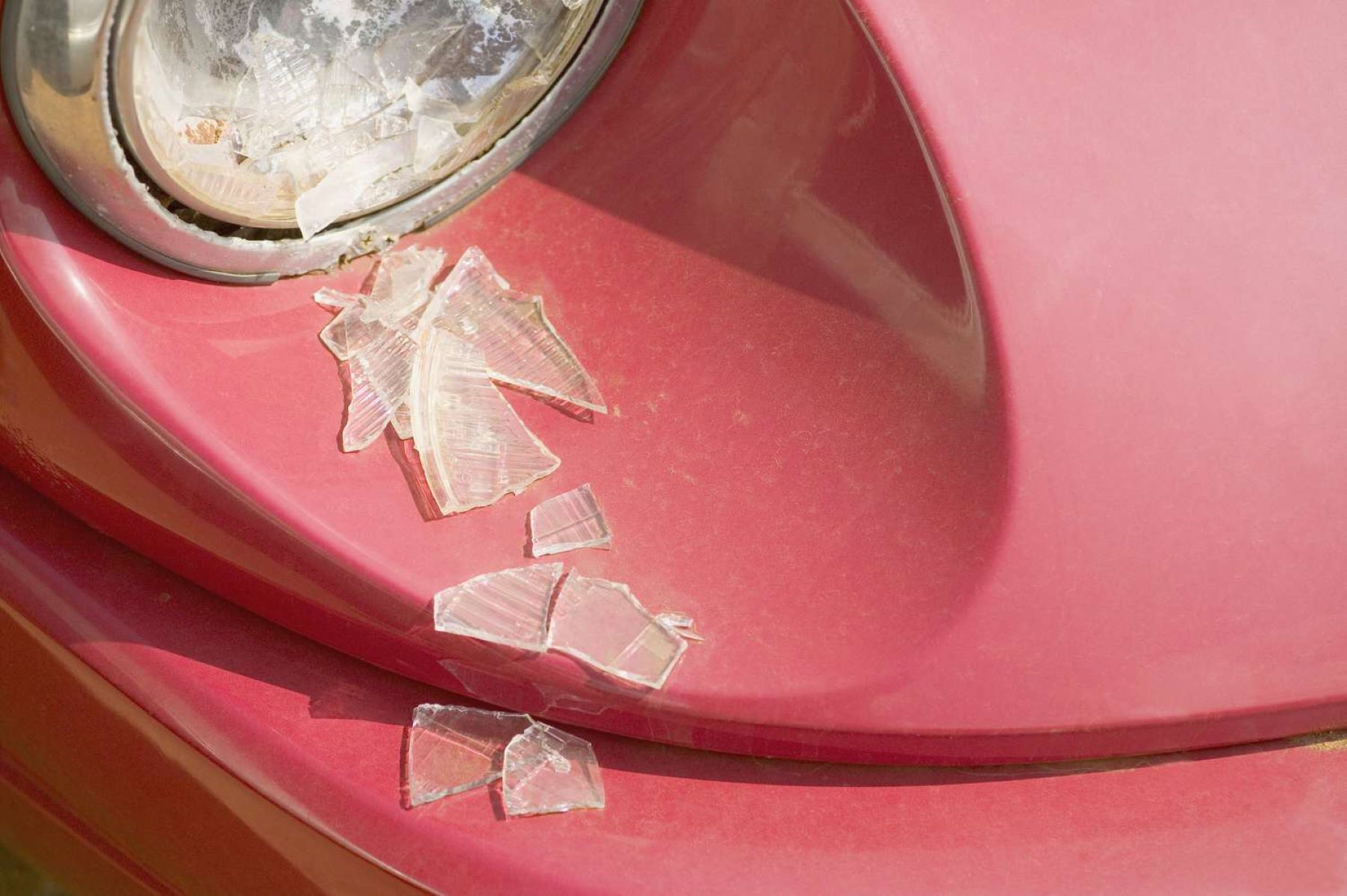
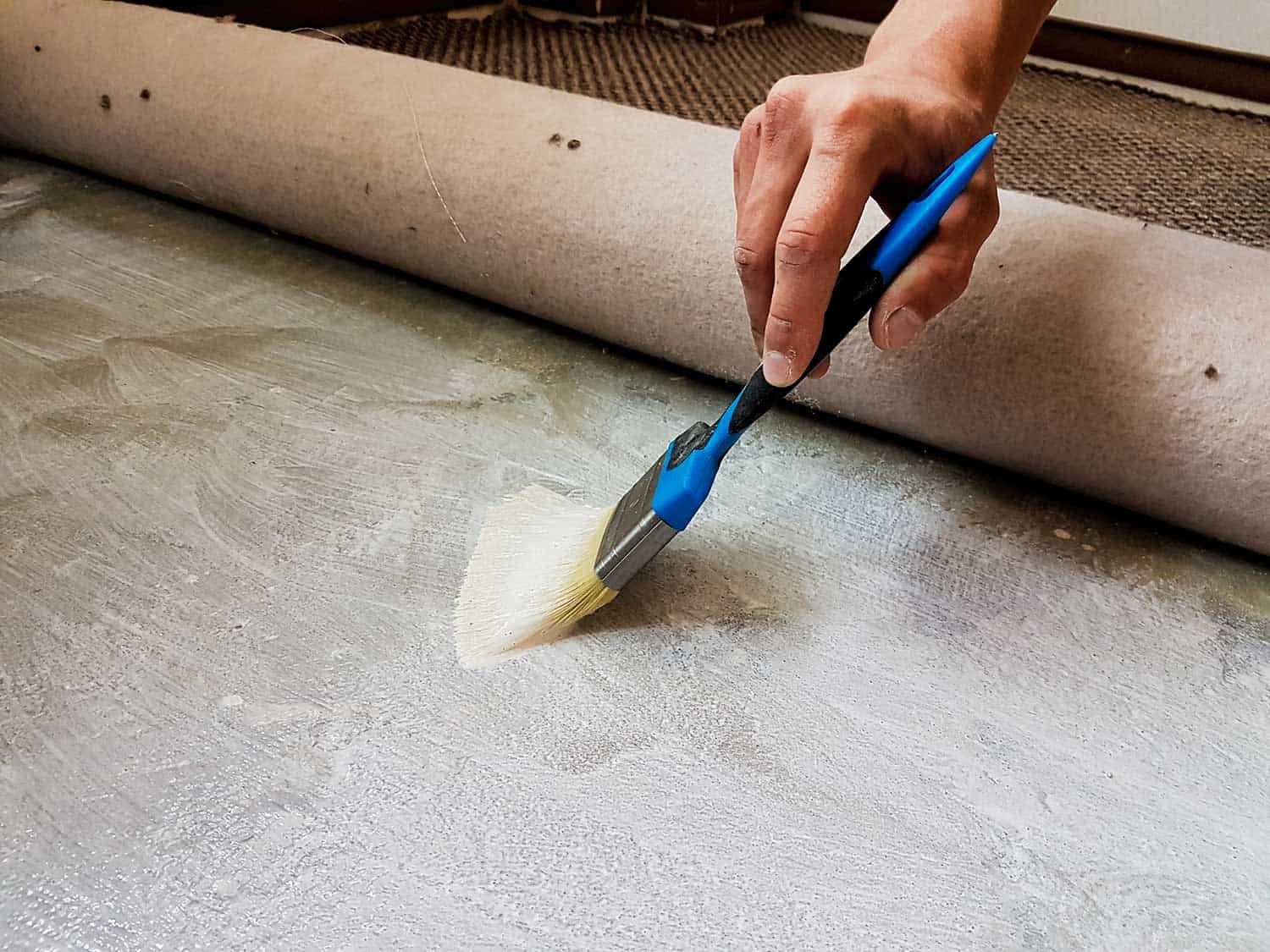

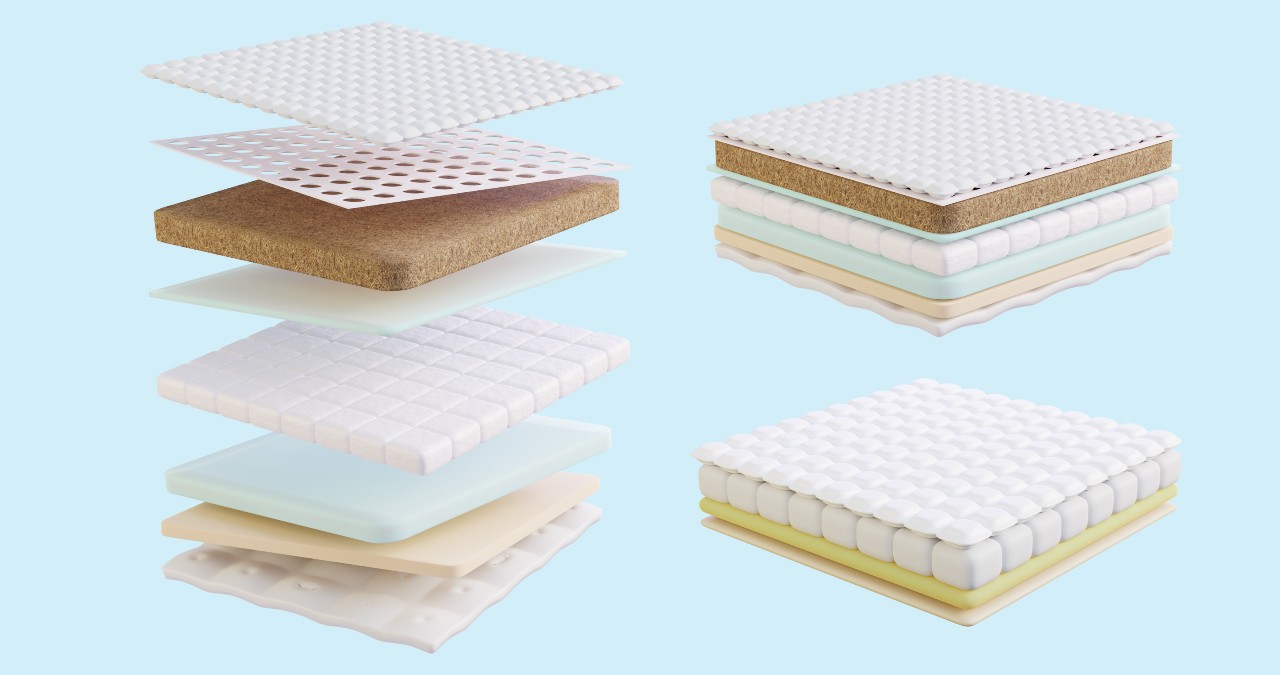
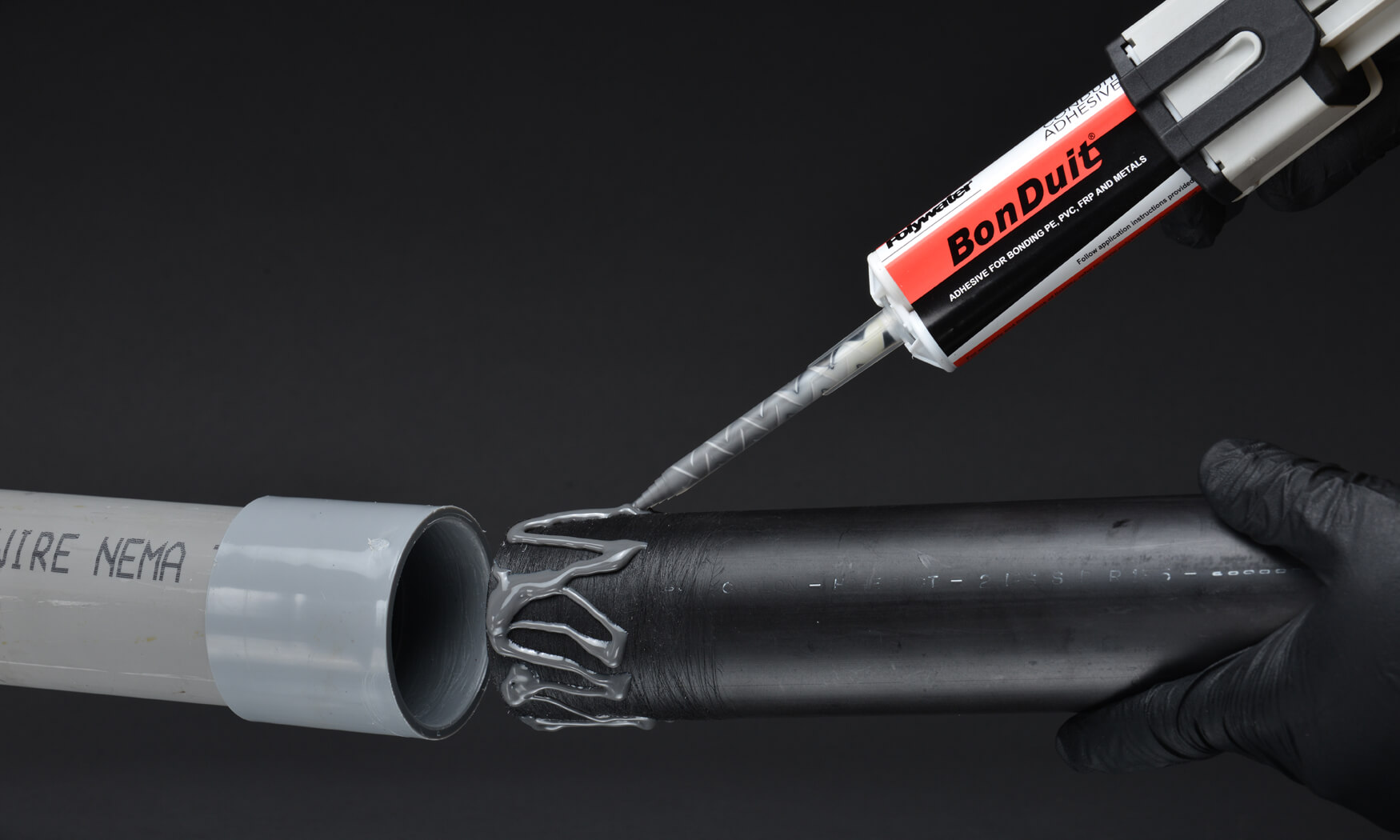


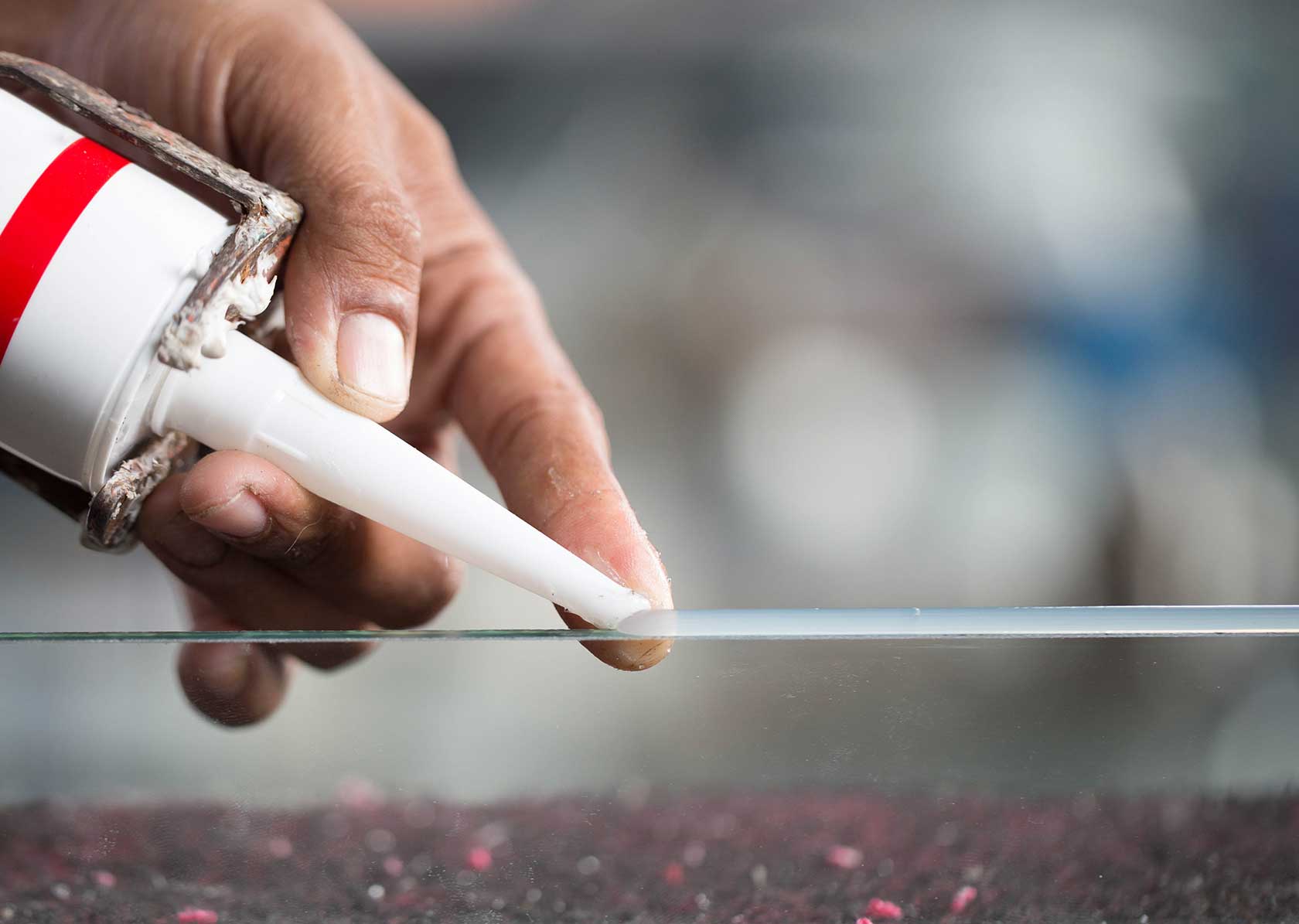
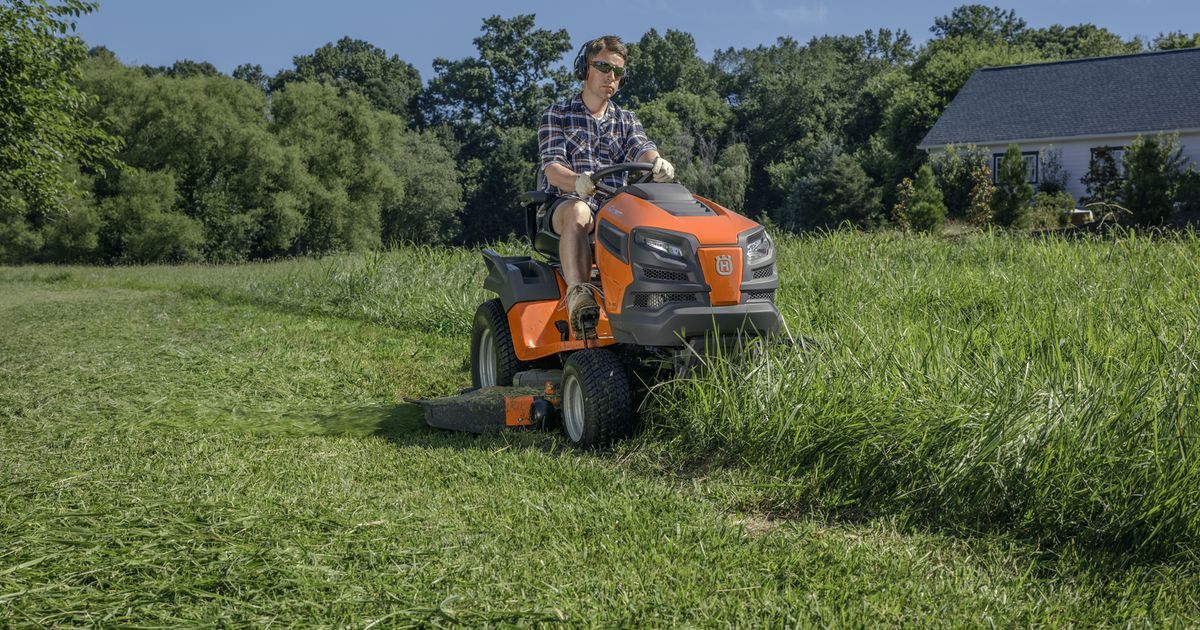
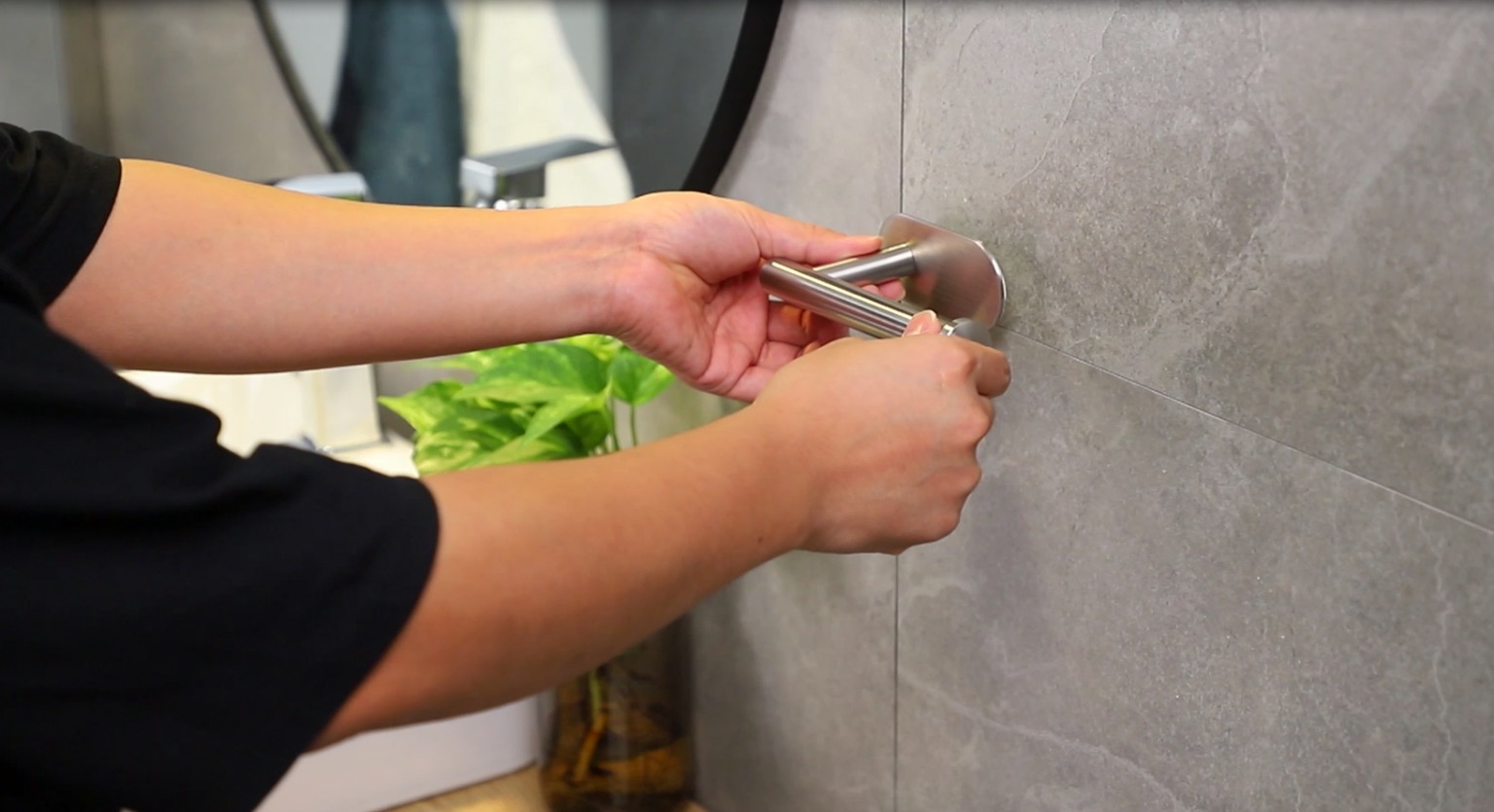

0 thoughts on “How To Store Super Glue”